Self-Employed Expenses: Benefits & Tax Allowable Expenses
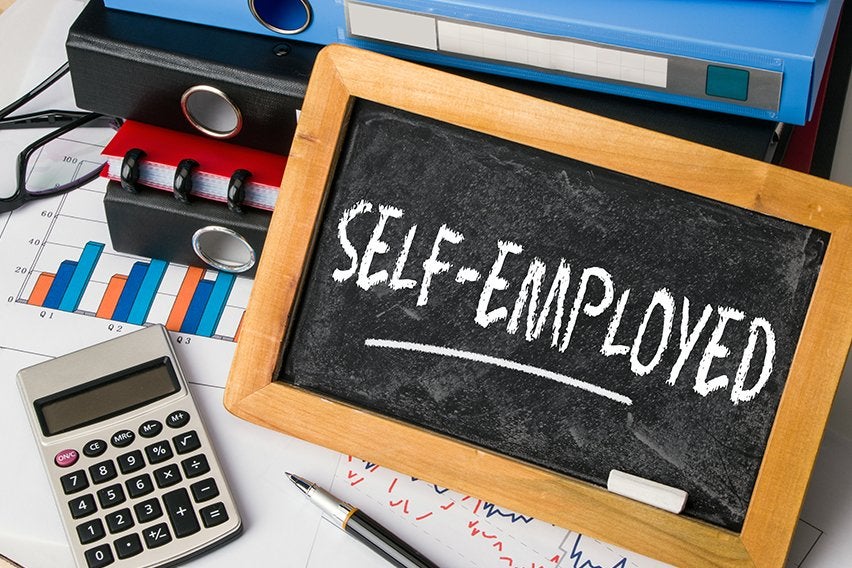
Being your own boss can be great. You get to make the decisions and guide your business activity in the direction you want it to go. And being self-employed also means you have some tax incentives that aren’t available to other workers.
The tax incentives aren’t going to reduce your tax bills completely but they can save you money. That said, there are only some expenses that tax actual expenses when it comes to self-employment income. So it’s important to know which business deductions are allowable and which ones aren’t standard deductions.
Here is everything you need to know about self-employed expenses.
Here’s What We’ll Cover:
What Costs Can You Claim as Allowable Expenses?
Can You Claim Costs as Capital Allowances?
What If You Use Something for Business and Personal Purposes?
What Costs Can You Claim as Allowable Expenses?
When you’re a self-employed individual it can sometimes be easy for business and personal finances to blend together. You might be out somewhere and have to purchase something. But is that purchasing a tax allowable expense for business purposes? Or is it for personal use?

You can only claim certain costs as allowable expenses when it comes to taxable income. Here are some of them:
- Office deduction. Office expenses could include things like the actual cost of stationery items, office space or lease payments.
- Business travel expenses. These could include things like fuel, parking costs or transportation costs like public transit. Just make sure you know the standard mileage rate or cents per mile for fuel costs. Business meals are also considered part of self-employed tax deductions. Some vehicle expenses and actual car expenses might also be deductible.
- Staff costs. These could include things like salaries, subcontractors or independent contractor costs.
- Financial costs. These could include things like insurance premiums or different bank fees.
- Marketing or advertising expenses. These could include things like different website costs.
- Training courses. As long as they are related to your business then you can deduct some education expenses.
There are going to be different running costs for self-employed persons. But you can deduct some of those costs to help figure out your taxable profit. Just make sure that the itemized deductions are allowable.
For example, if your turnover is £50,000 and you claim £15,000 in allowable expenses, you only have to pay tax on the remaining £35,000. This is known as your taxable profit.
Can You Claim Costs as Capital Allowances?
Yes, you can. You can claim capital allowances when you purchase something if you use traditional accounting, just as long as you use it in your business. Capital allowances can include things like any equipment you might need, machinery or business vehicles like a car, lorry or van.
If you use cash basis accounting instead and purchase a car, for example, you can claim that as a capital allowance. But anything else that you purchase for your business needs to get claimed as an allowable expense in the normal way.
What If You Use Something for Business and Personal Purposes?
Sometimes you might have costs for things that you use in both your personal and business life. If that happens, you can claim allowable expenses for the business costs. You just need to do a few calculations to figure out the right expense amount. Also, make sure that it is a legitimate business expense.
For example, let’s say your mobile phone bill is £150 for the year. You spend £100 for personal use and £50 for business use. You can claim £50 as an allowable business expense.

You might also be able to claim some costs if you work from home. Keep in mind that you won’t be able to claim the whole cost, but you might be able to claim for a proportion of the cost. Those costs can include things like heating, electricity, or council tax.
They can also include internet use, mortgage interest or rent. Just make sure that you find an appropriate way of dividing the costs. For example, let’s say you have 5 rooms in your home but you only use one as your office.
If your electricity bill is £500 for the year, you could calculate that your office uses £100 for the electricity. And you can take it even further if you only work a few days per week from home. If that were the case, you can divide £100 by the number of days per week you work.
Key Takeaways
There are several advantages to being self-employed and running your own business. You can have a flexible schedule and prioritize the things that you want most. And there are some tax incentives when it comes to allowable expenses.
If you need to purchase something to do your work, you can claim the cost as an allowable expense. You can’t claim every cost, however, so it’s important to distinguish between personal and business expense deductions.
Things like office costs, travel costs and some training courses are allowable expenses. Plus, you can also claim certain capital allowances. These can include any equipment or machinery you need to purchase or any vehicles for business use. If you’re still not sure, take a look at the government’s website for a full breakdown of business expenses you can claim for.
Did you enjoy reading this guide? Head over to our resource hub for more content.
RELATED ARTICLES
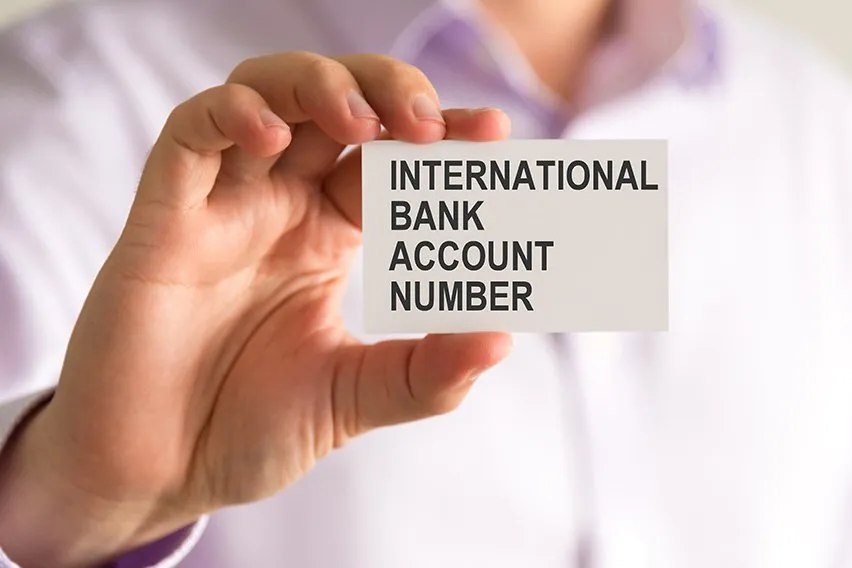 What Is an IBAN Number & BIC (SWIFT Code)?
What Is an IBAN Number & BIC (SWIFT Code)? Consultant Vs Contractor: Which Is the Best?
Consultant Vs Contractor: Which Is the Best?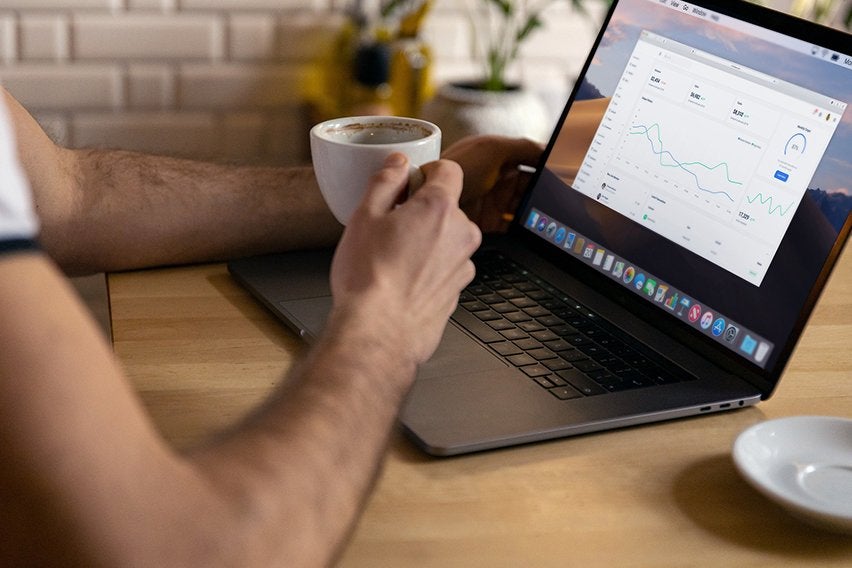 Benefits of Working Remotely for Employees & Employers
Benefits of Working Remotely for Employees & Employers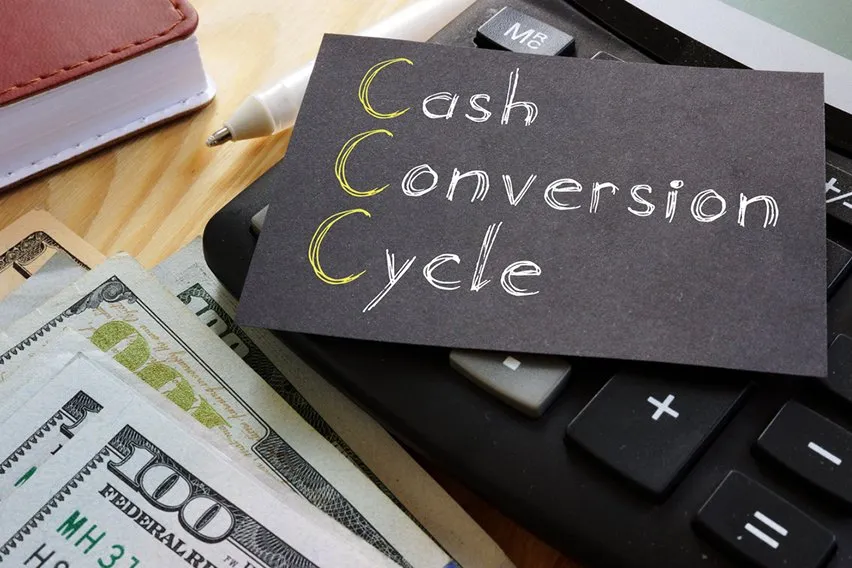 Cash Conversion Cycle (CCC): Definition, Formula & Calculation
Cash Conversion Cycle (CCC): Definition, Formula & Calculation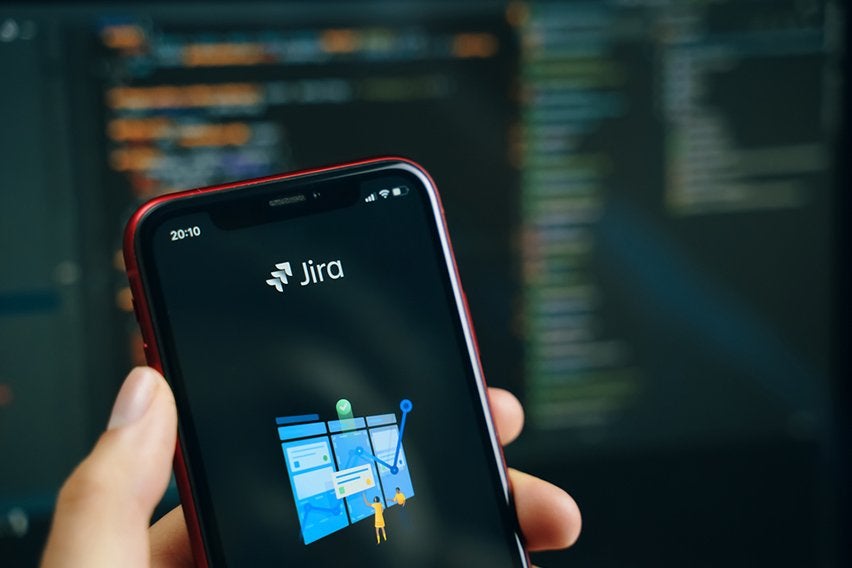 What Is Jira? A Complete Guide on How to Use It
What Is Jira? A Complete Guide on How to Use It What Is an EORI Number & How to Get One
What Is an EORI Number & How to Get One